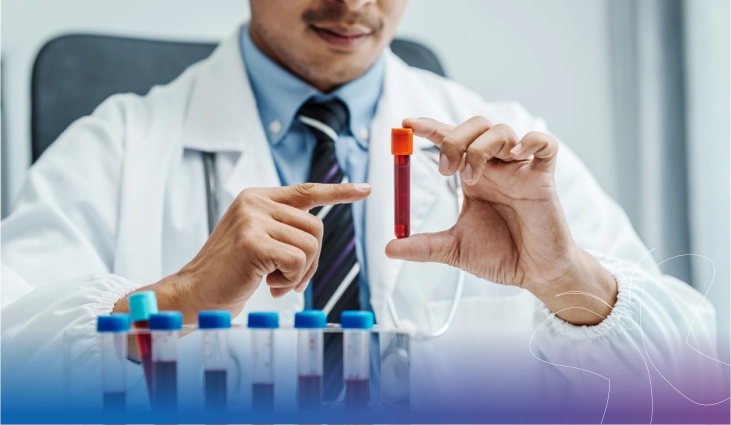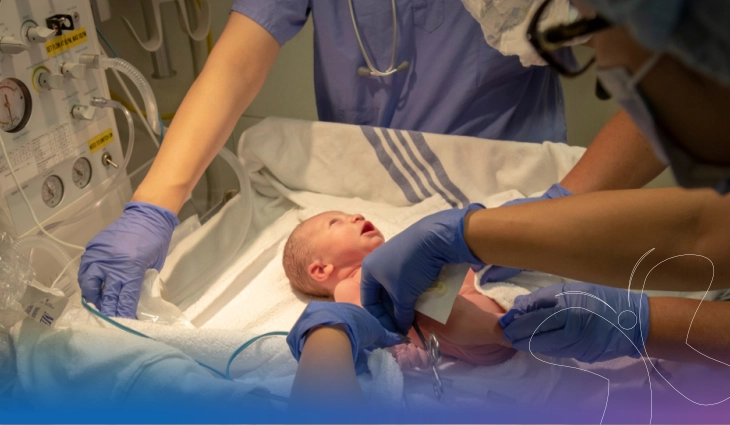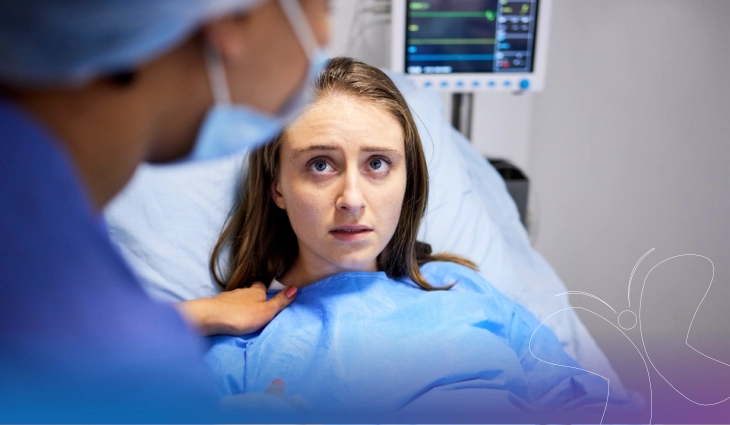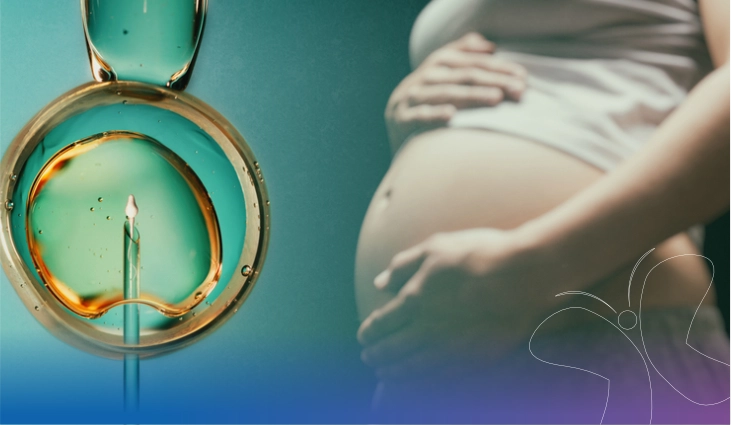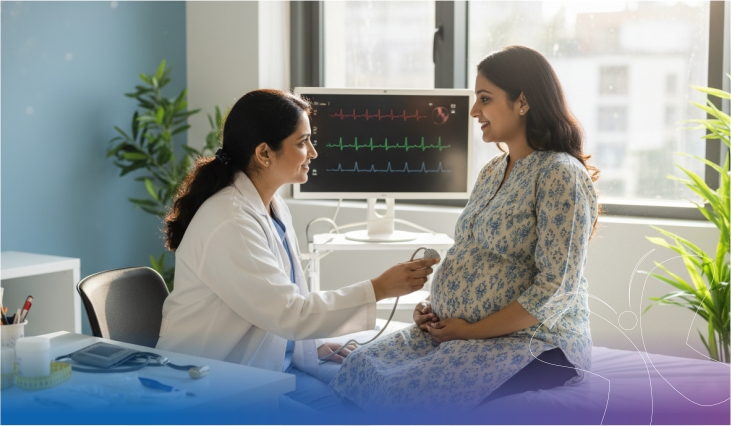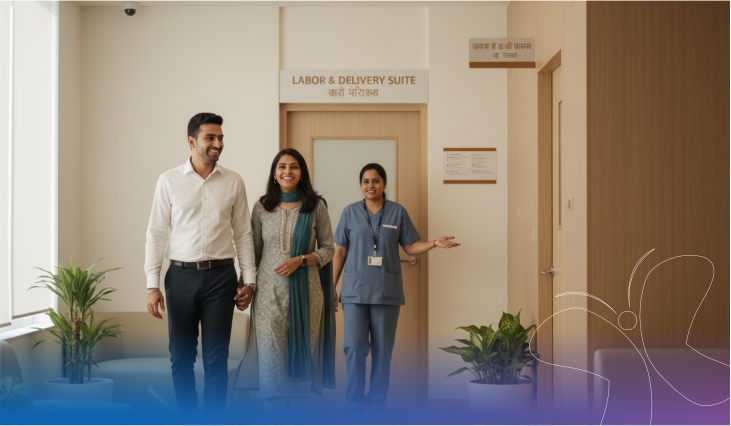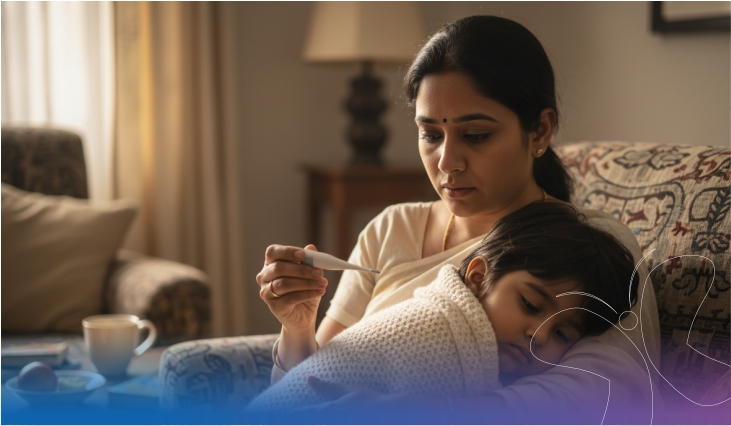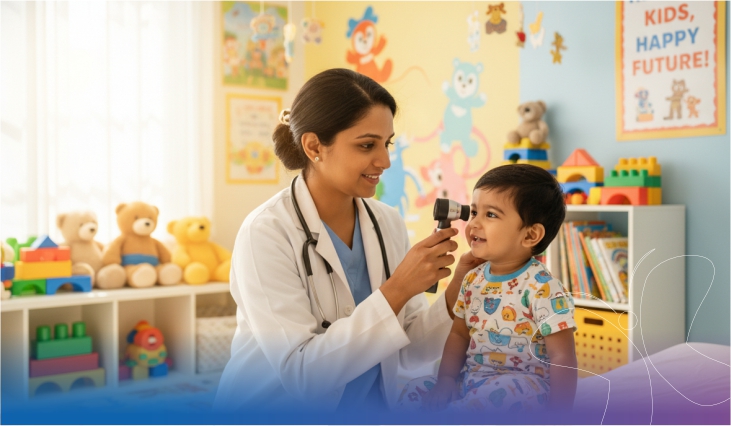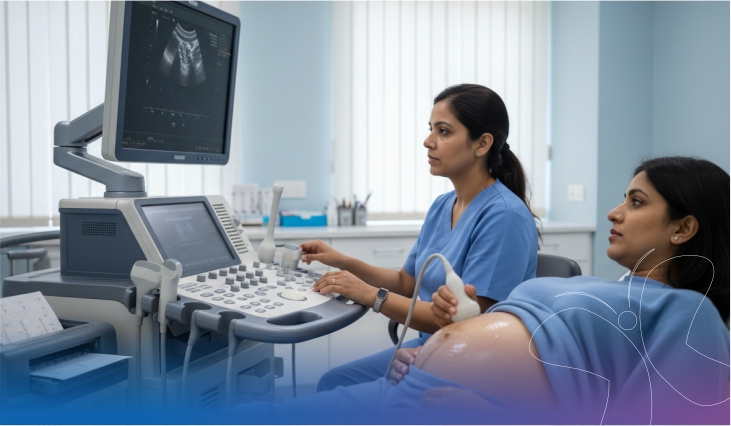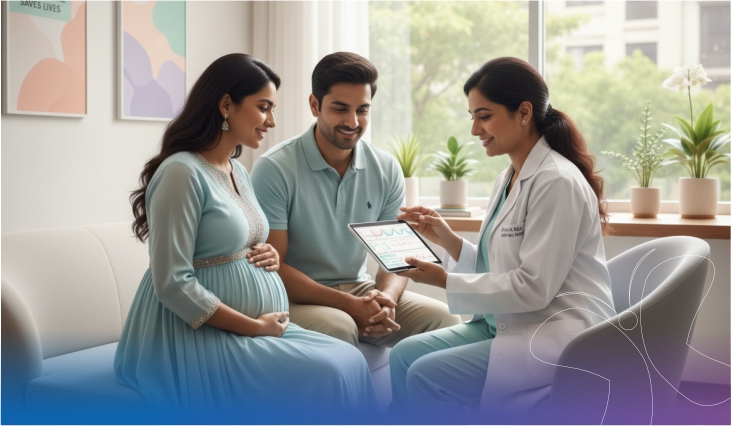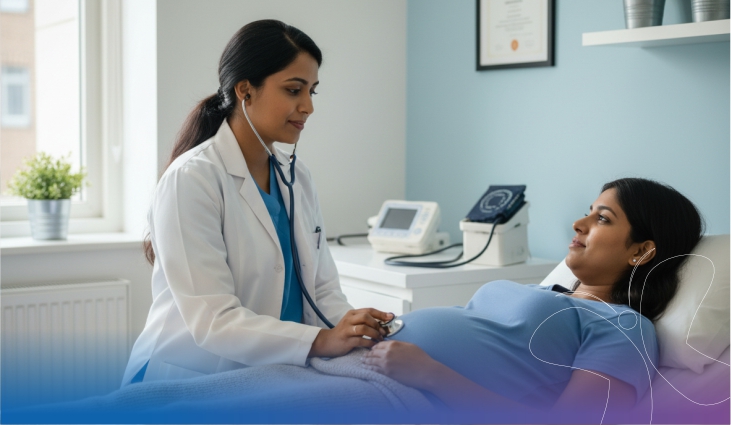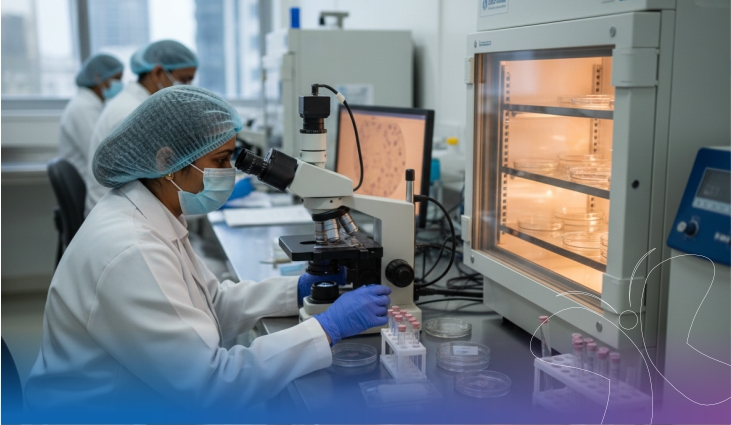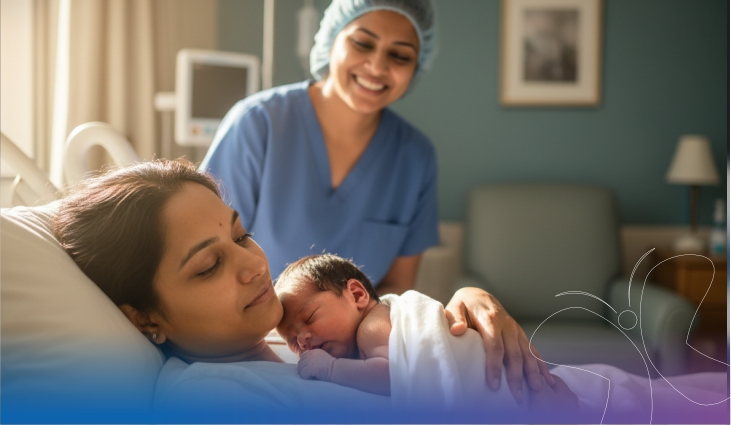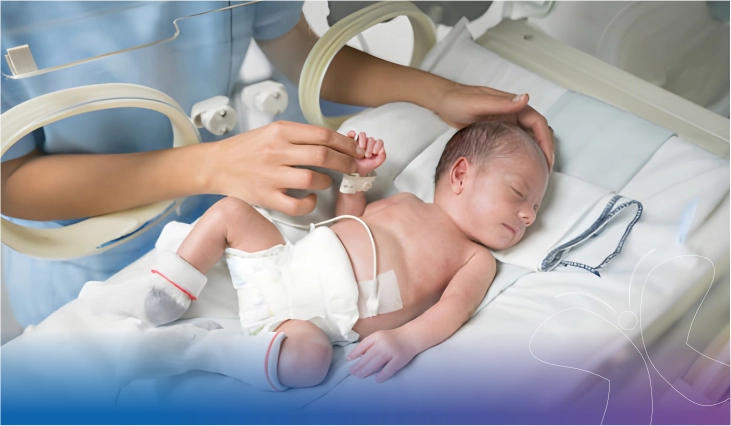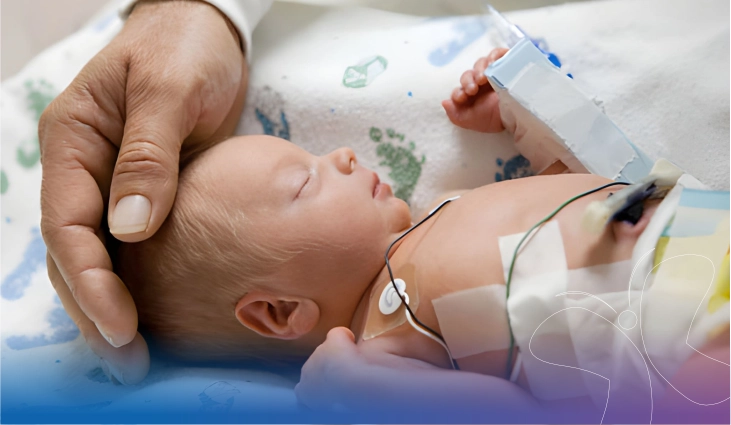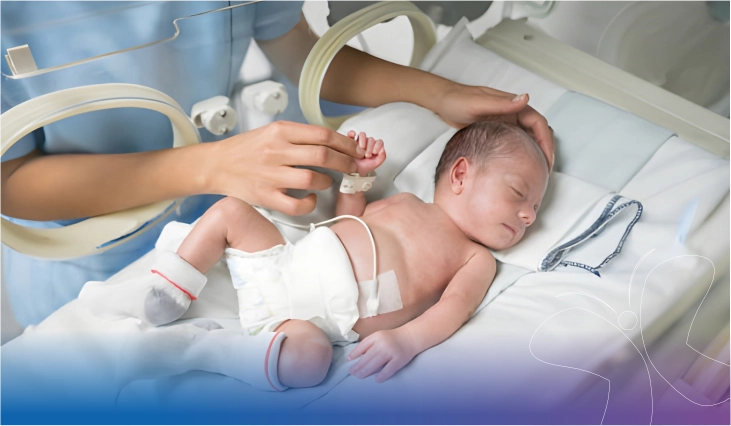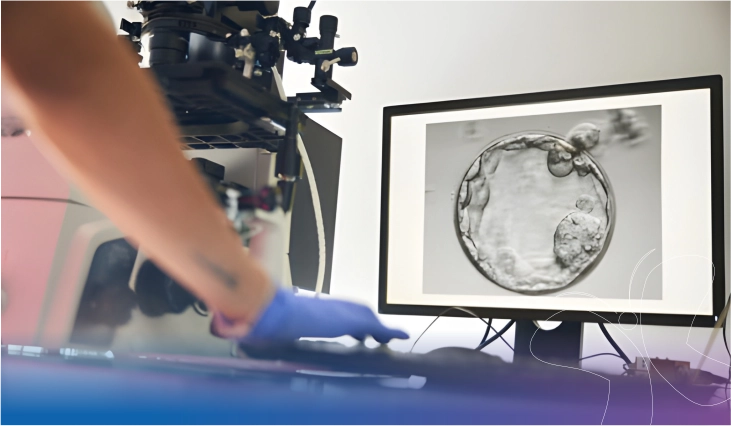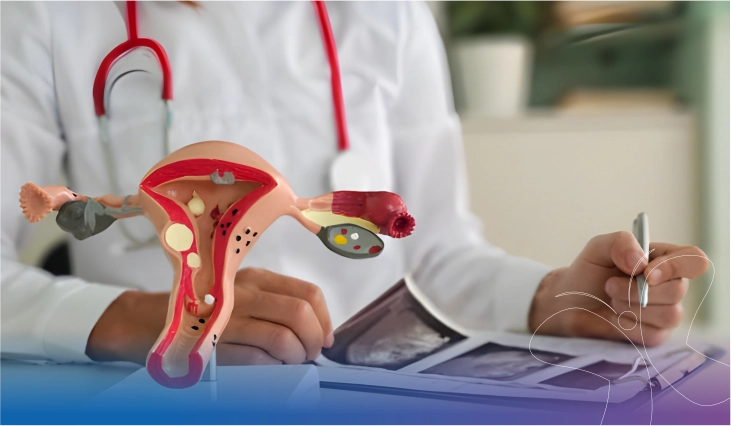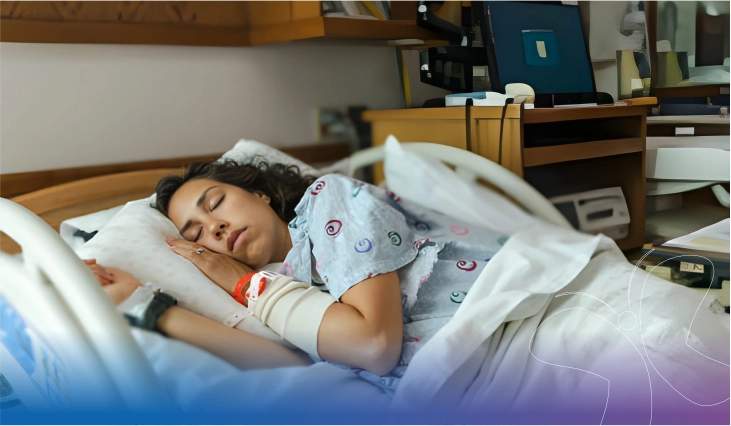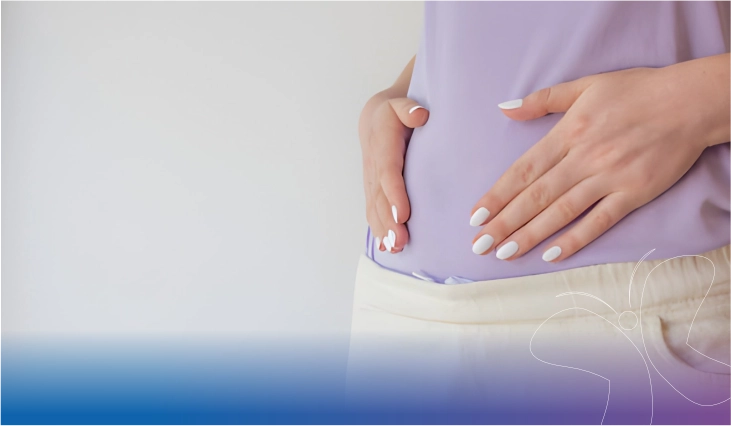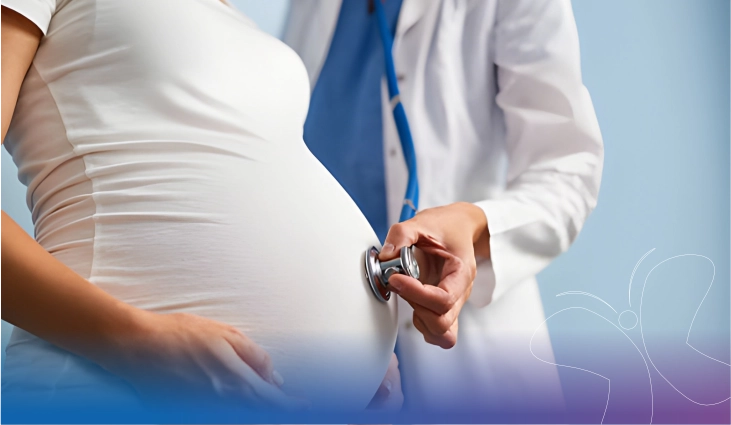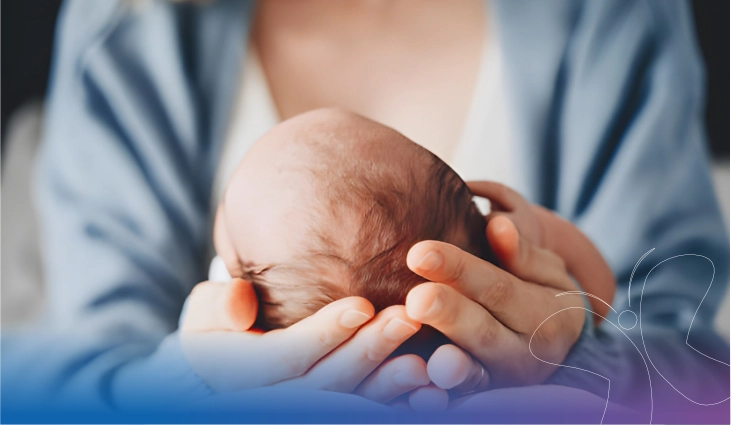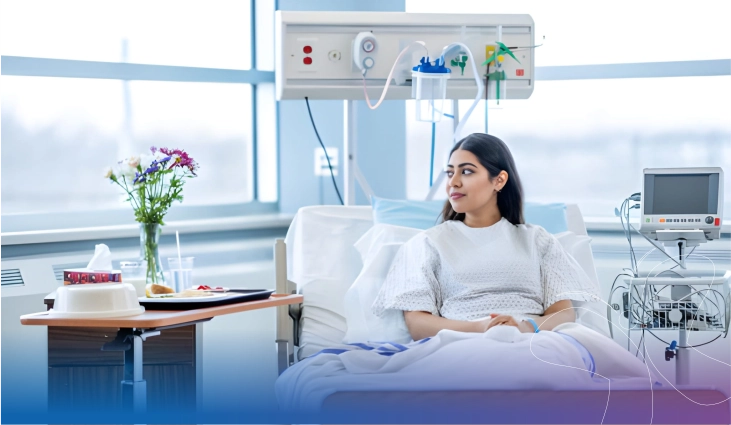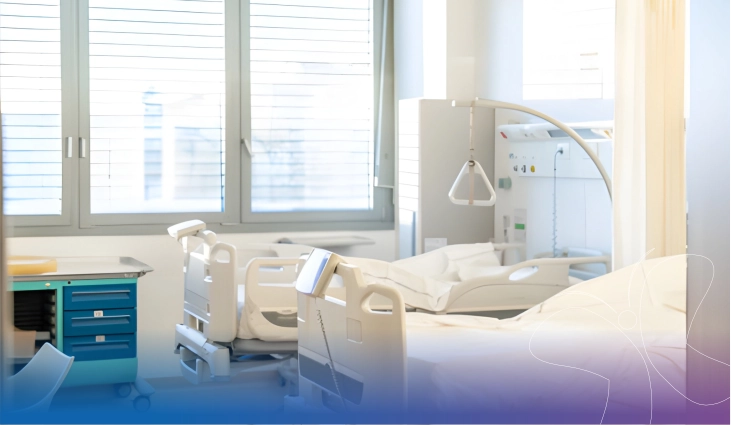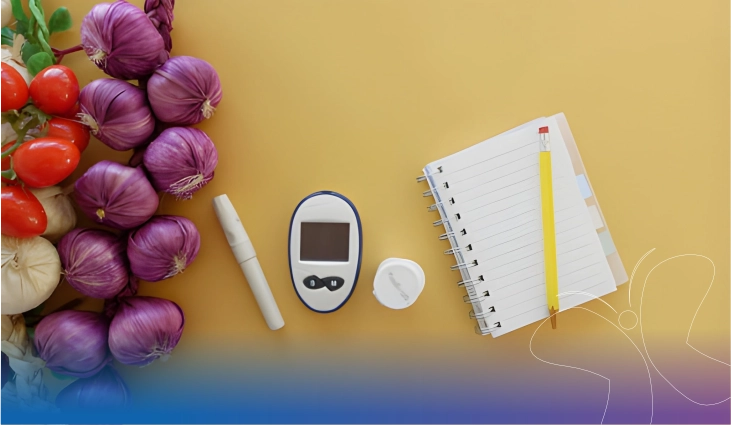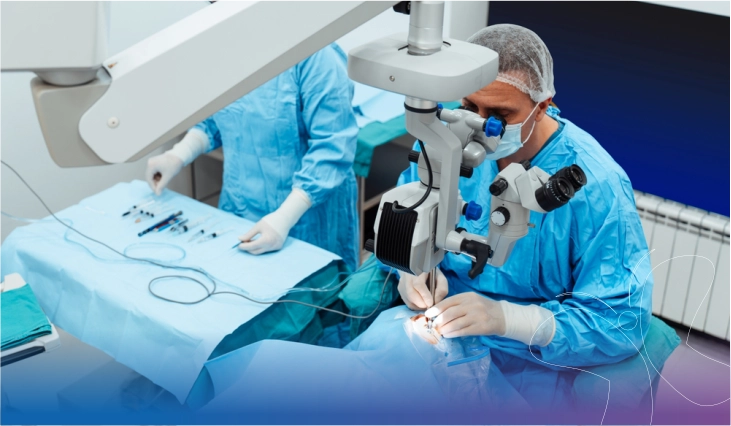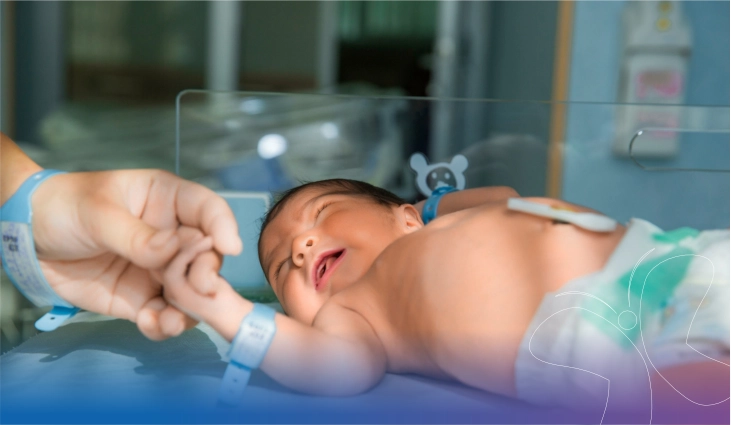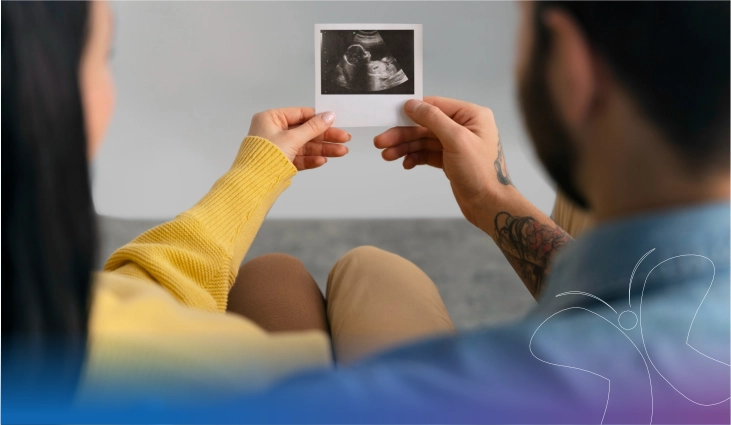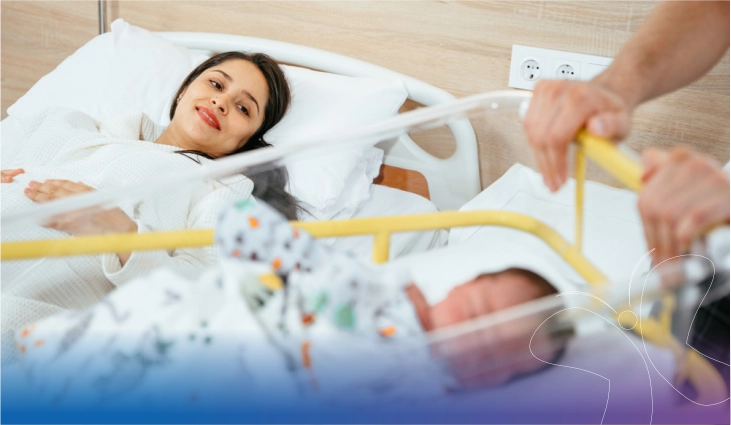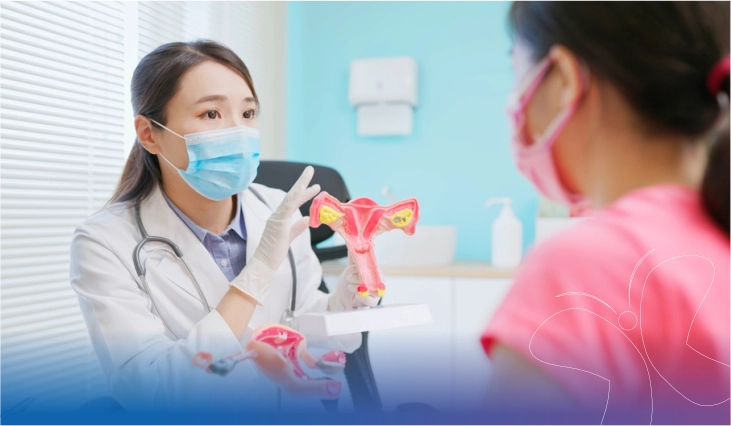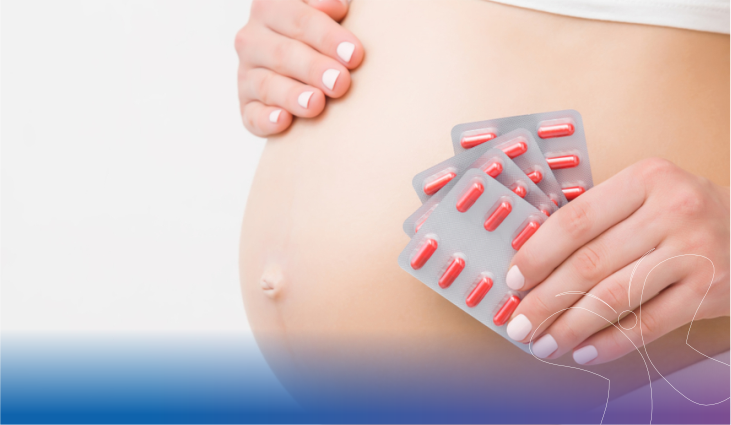Pregnancy is an exciting journey, but it also comes with its challenges. One health condition that requires special attention is hypertension (high blood pressure). While many women experience minor fluctuations in blood pressure, persistent high blood pressure during pregnancy can pose risks to both the mother and baby. If you or someone you know is pregnant and dealing with high blood pressure, you are not alone. With the right care, monitoring, and expert medical guidance, a safe and healthy pregnancy is absolutely possible.
At Flowrence Hospital, the best maternity hospital in Rajkot, we specialize in managing pregnancy complications, including hypertension, ensuring both mother and baby receive the best possible care. Let’s take a closer look at how high blood pressure affects pregnancy, why regular checkups matter, and how we can help.
How High Blood Pressure Affects Pregnancy
Blood pressure naturally fluctuates throughout pregnancy, but consistently high levels can lead to complications. There are three main types of hypertension in pregnancy:
1. Gestational Hypertension – High blood pressure that develops after 20 weeks of pregnancy without protein in the urine or other complications. It usually goes away after delivery but needs careful monitoring.
2. Chronic Hypertension – High blood pressure that existed before pregnancy or diagnosed before 20 weeks. Women with chronic hypertension may need medication and frequent checkups to manage it safely.
3. Preeclampsia – A serious condition that develops after 20 weeks of pregnancy and is associated with high blood pressure, protein in the urine, and potential organ damage. If left untreated, it can harm both mother and baby, sometimes leading to early delivery.
What Are the Risks of High Blood Pressure in Pregnancy?
If not managed properly, hypertension can lead to complications such as:
- Restricted blood flow to the placenta, reducing oxygen and nutrients for the baby, potentially causing low birth weight.
- Placental abruption, a serious condition where the placenta detaches from the uterus too early.
- Preeclampsia and eclampsia, which can result in seizures, organ failure, or emergency C-sections.
Understanding the risks is important, but the good news is that with the right medical care and lifestyle adjustments, most women with hypertension go on to have healthy pregnancies and safe deliveries.
The Importance of Regular Prenatal Checkups
If you have high blood pressure or are at risk, regular prenatal checkups are essential. At Flowrence Hospital, the best hospital for delivery in Rajkot, we closely monitor pregnant women with hypertension to prevent complications before they arise.
What Happens at a Prenatal Checkup for Hypertension?
- Blood pressure monitoring to ensure levels remain within a safe range.
- Urine tests to check for protein and signs of preeclampsia.
- Fetal growth scans to make sure the baby is developing properly.
- Blood tests to assess kidney and liver function.
- Lifestyle and diet counseling to help manage blood pressure naturally.
Routine prenatal visits allow doctors to detect any warning signs early, ensuring you get the right care at the right time.
Did You Know? Women with controlled blood pressure have a much lower risk of complications compared to those who delay or skip checkups.
Managing Hypertension in Pregnancy: Tips for a Healthy Pregnancy
If you’ve been diagnosed with gestational or chronic hypertension, don’t panic. There are many ways to manage it effectively while keeping your baby safe. Here’s how:
Maintain a Healthy Diet
Eat leafy greens, whole grains, and lean proteins to keep blood pressure stable.
Reduce salt intake to prevent fluid retention.
Avoid processed foods and sugary snacks that can spike blood pressure.
Stay Active, but Safely
Engage in gentle exercises like walking or prenatal yoga.
Avoid high-intensity workouts unless cleared by your doctor.
Stay Hydrated
Drinking plenty of water helps regulate blood pressure.
Cut back on caffeinated beverages that can elevate heart rate.
Manage Stress & Get Enough Rest
Prenatal meditation and deep breathing can help lower stress levels.
Ensure 7-9 hours of restful sleep every night.
Follow Your Doctor’s Advice
Take prescribed medications exactly as directed.
Attend all prenatal appointments for regular monitoring.
If you experience severe headaches, vision changes, or swelling in the hands and face, seek immediate medical attention.
With the right care, most women with hypertension can still have a safe, normal delivery. The key is early detection, expert guidance, and proactive management.
Why Flowrence Hospital is the Best Choice for Managing Pregnancy Complications
At Flowrence Hospital, we prioritize the safety of both mother and baby. As the leading maternity hospital in Rajkot, we have:
- Experienced pregnancy specialists who are experts in managing high-risk pregnancies.
- Advanced fetal monitoring for continuous assessment of baby’s health.
- 24/7 emergency care and NICU facilities for immediate intervention if needed.
- Personalized treatment plans to manage hypertension safely.
- Dietitians and lifestyle counselors to help maintain a healthy pregnancy.
We understand that pregnancy complications can be overwhelming, but you are not alone. Our team is dedicated to guiding you every step of the way, ensuring that you and your baby are safe and well cared for.
Final Thoughts: Taking Control of Your Pregnancy Health
High blood pressure during pregnancy may seem scary, but with the right medical support and lifestyle changes, you can have a smooth pregnancy and a healthy baby. The key is early detection, routine checkups, and expert maternity care.
At Flowrence Hospital, the best hospital for delivery in Rajkot, we provide comprehensive, compassionate care to expecting mothers with hypertension. Whether you need regular monitoring, emergency care, or expert guidance, we are here to support you every step of the way.







